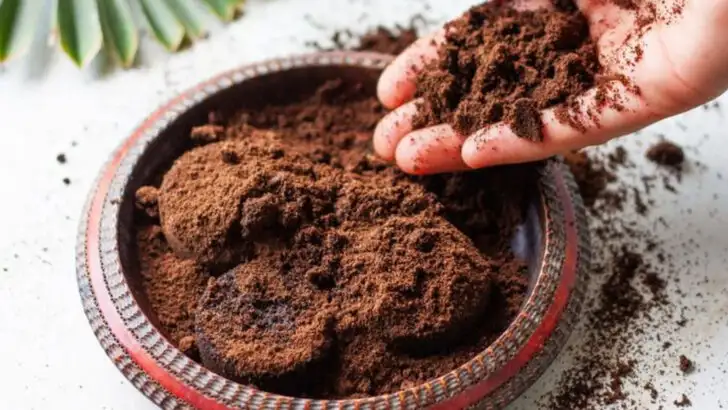Sometimes plants just need a little extra to keep going strong especially if the soil’s tired or they’re pushing out new growth like crazy. Store-bought fertilizers can help, but they’re not the only option. You’d be surprised how many powerful, nutrient-packed plant foods you can whip up with what’s already lying around the kitchen or compost pile.
These homemade liquid feeds are quick to mix, easy to use, and give your garden a boost without the synthetic stuff. From banana peel tea to diluted worm juice, they’re simple enough to make on a slow afternoon and gentle enough to use regularly. No fancy setup required, just a bucket, a little patience, and a few scraps you’d probably throw out anyway.
Compost Tea
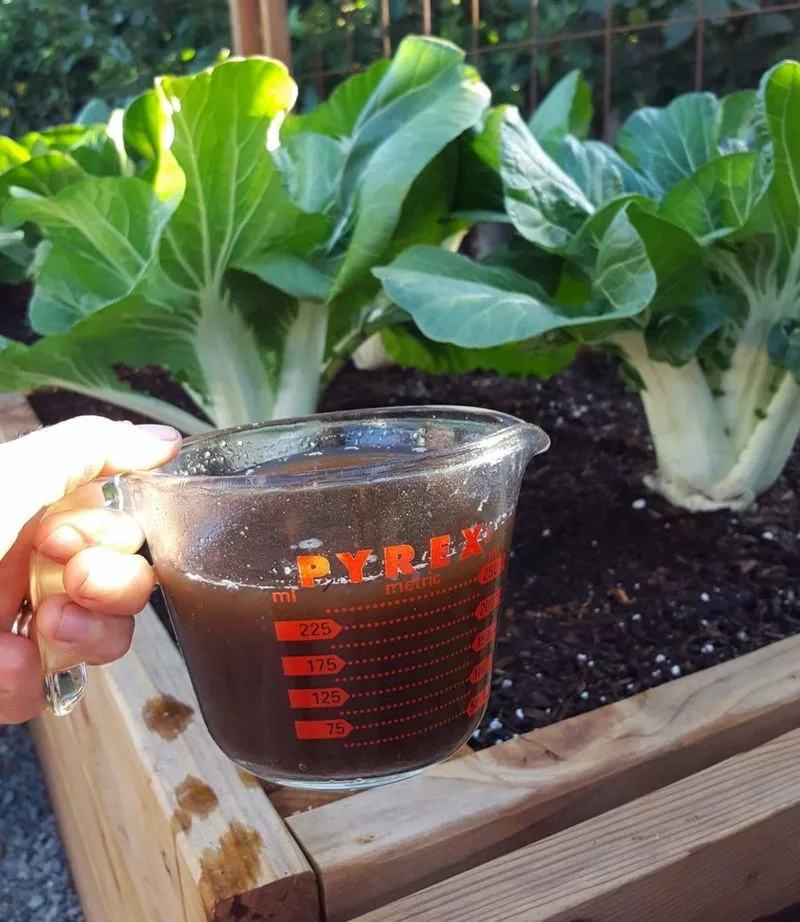
Compost tea is like a vitamin shot for your plants. Start with a handful of well-matured compost, rich in organic matter and teeming with microorganisms. Add it to a bucket of water and let it steep for 24-48 hours.
The transformation is magical as nutrients diffuse into the water, ready to invigorate plant roots. Stir occasionally to oxygenate the brew.
It’s a gardener’s secret: a natural tonic that improves soil structure and boosts plant immunity. The tea is strained and then lovingly applied, leaving plants looking more vibrant and resilient.
Banana Peel Tea
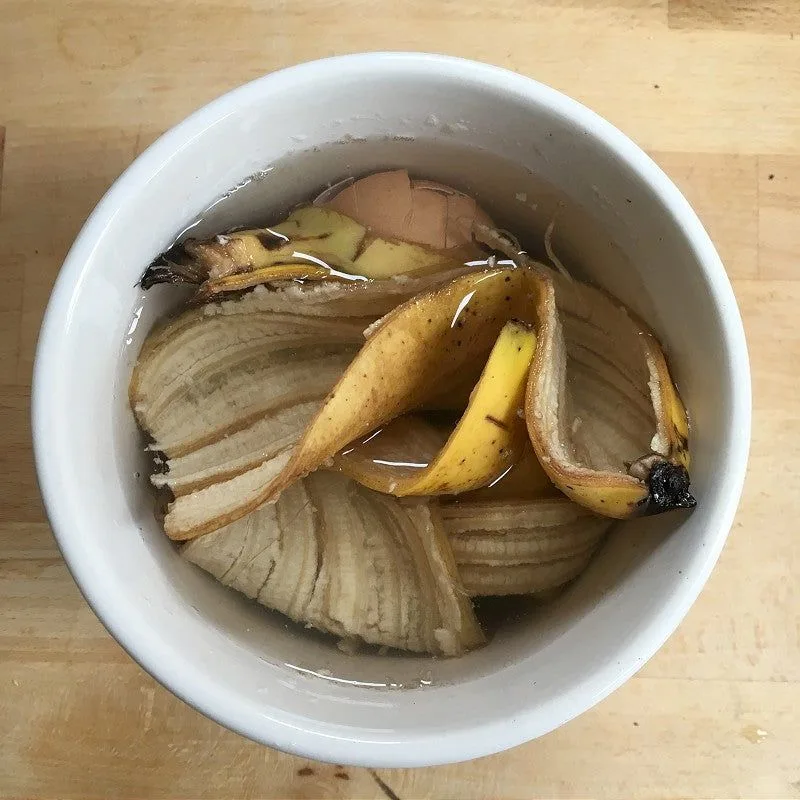
Imagine turning food waste into plant food magic! Banana peel tea is a nutrient-rich brew made from the potassium-packed skins. Simply soak a few peels in water for several days.
The result is a powerhouse liquid that fortifies plants and encourages blooming. This natural elixir is easy to make and kind to the environment.
Gardeners love its simplicity and the lush greenery it encourages. A delightful way to recycle while nurturing your plants, it’s both economical and effective—a true win-win for eco-conscious gardeners.
Weed Tea
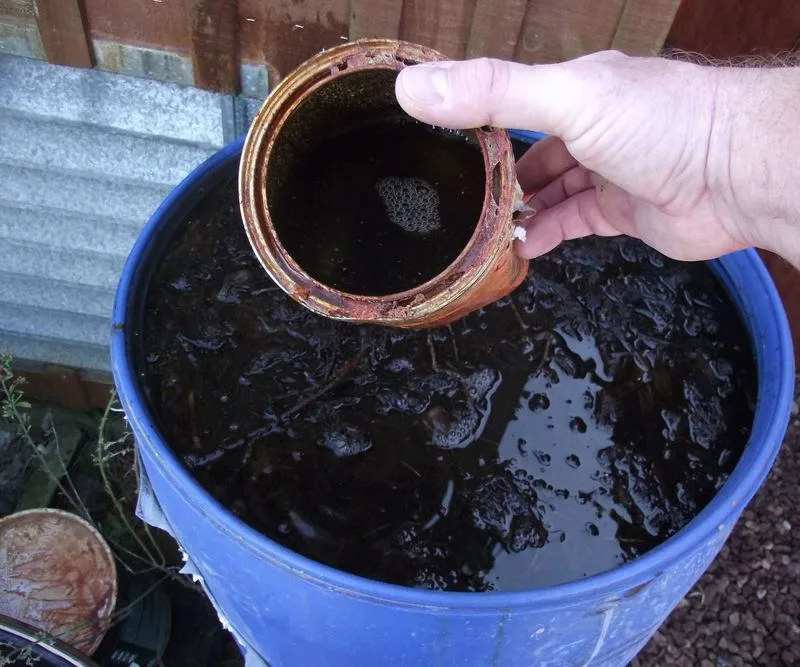
Weeds, the bane of gardeners, can actually become a boon. Weed tea is brewed by steeping unwanted plants in water, transforming them into a nutrient-dense liquid fertilizer.
This concoction recycles garden nuisances into valuable nourishment. Packed with nitrogen and other essential nutrients, it promotes robust growth.
A unique way to turn a problem into a solution, weed tea adds a touch of sustainability to gardening. It’s a creative twist on pest control, providing plants with the strength they need to flourish.
Grass Clipping Tea
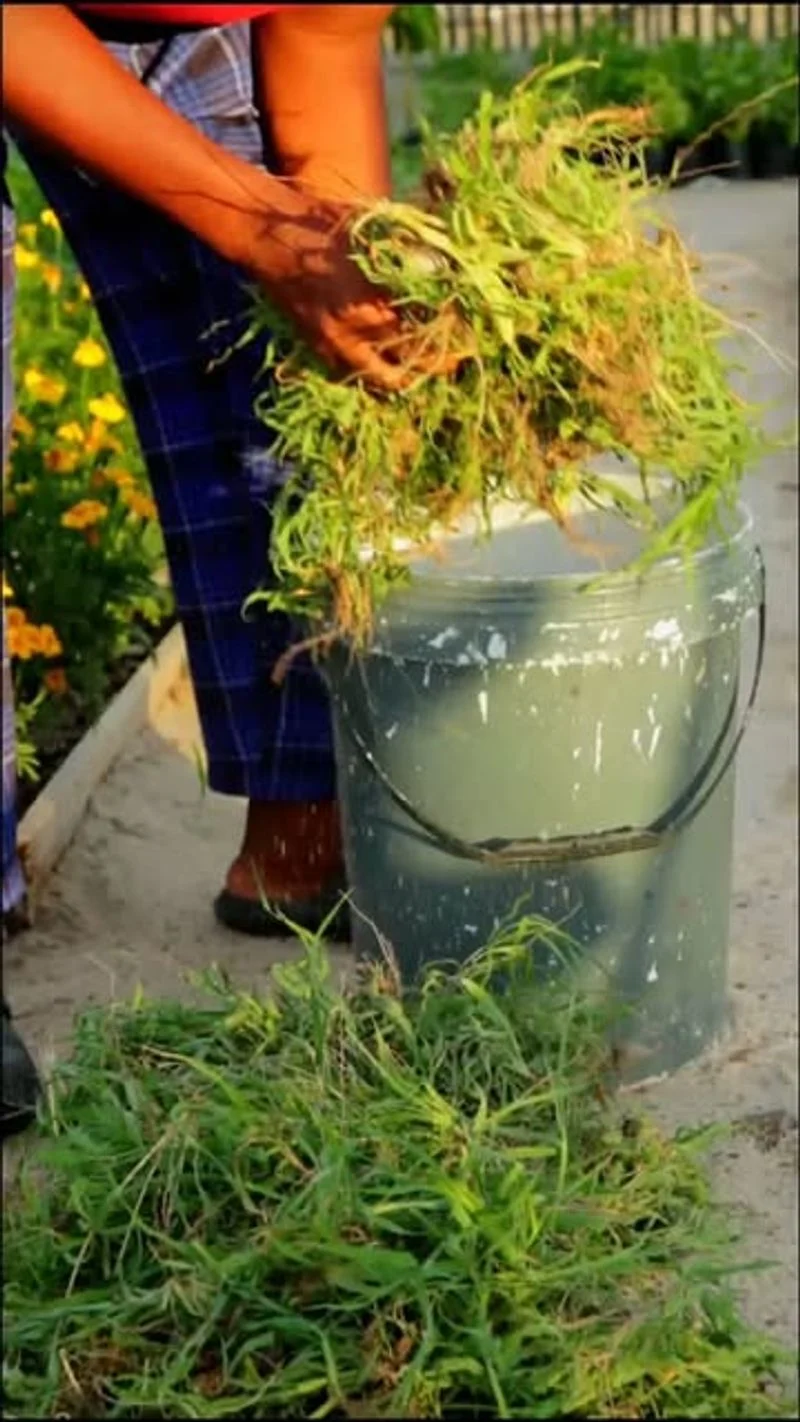
The secret to green gardens could be right underfoot. Grass clipping tea is a nitrogen-rich plant food made from fresh grass clippings.
Collect clippings after mowing, then soak them in water for a few days. The resulting infusion is a powerful, natural fertilizer.
This method recycles garden waste while enriching the soil, promoting lush, verdant growth. It’s an eco-friendly choice that turns everyday lawn care into an opportunity to nourish plants, making your garden thrive with minimal effort.
Fish Emulsion
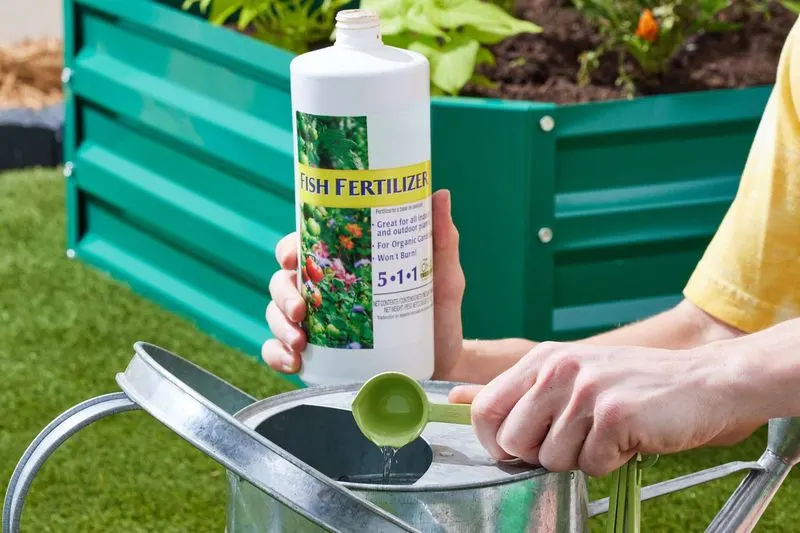
Fish emulsion is a time-honored fertilizer known for its potent results. Created from fish waste, this liquid plant food enriches soil with vital nutrients.
The process involves breaking down fish parts in water, a method utilized by generations of gardeners. Its pungent aroma hints at its efficacy.
This nutrient boost encourages healthy plant development, resulting in bountiful blooms and robust foliage. An age-old recipe for flourishing gardens, it’s a testament to nature’s ability to repurpose waste into growth-promoting wonder.
Seaweed Tea
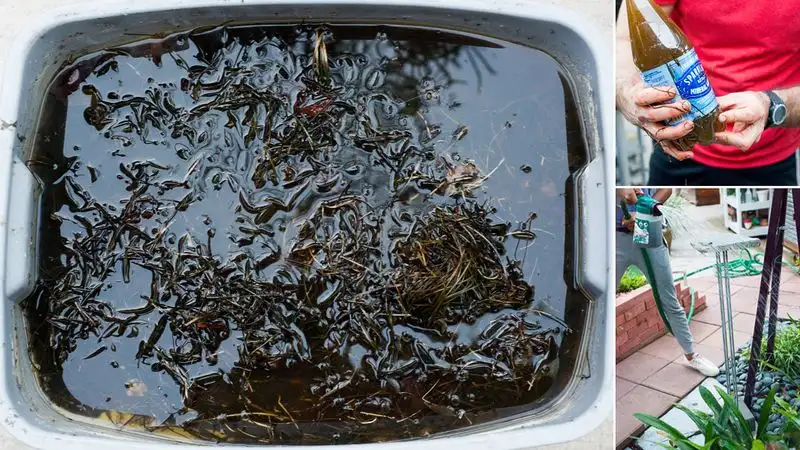
Seaweed tea, a coastal gardener’s delight, infuses plants with essential nutrients and trace minerals. Gather seaweed, rinse to remove salt, and steep in fresh water.
This organic brew boosts plant vigor and resilience, enhancing their ability to withstand stress. Its gentle touch makes it suitable for all plant types.
The allure of seaweed tea lies in its abundance of natural growth hormones. An eco-friendly choice for gardeners seeking sustainable solutions, it nourishes plants while respecting the marine environment.
Coffee Ground Tea
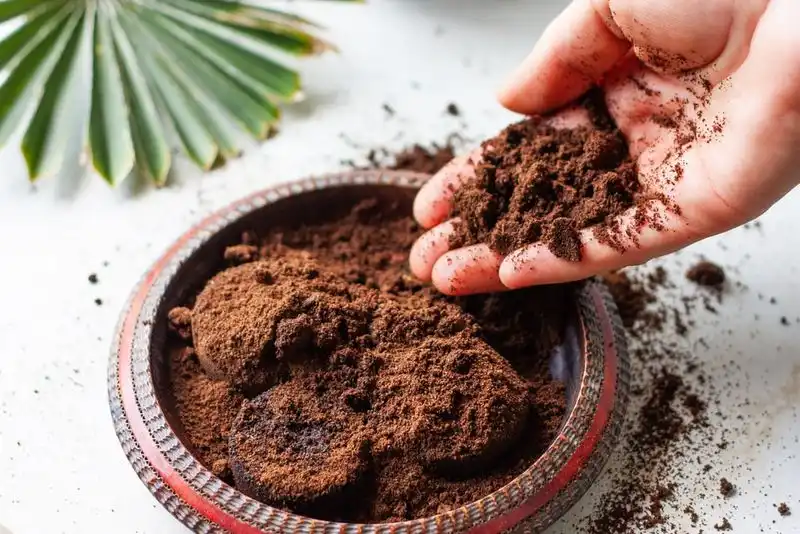
Coffee doesn’t just perk up people; it energizes plants too! Coffee ground tea is a caffeinated concoction that enriches soil with nitrogen.
After brewing your morning cup, save the grounds and steep them in water. This aromatic liquid feeds plants and deters pests.
It’s a delightful way to recycle kitchen waste into garden gold. Gardeners appreciate its dual function as fertilizer and pest repellent, making it a versatile addition to any gardening routine.
Epsom Salt Solution
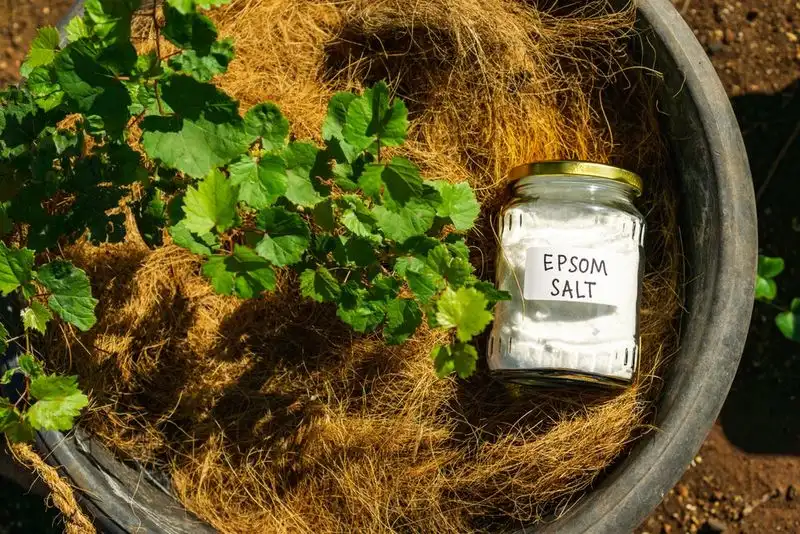
Epsom salt, a gardener’s ally, dissolves into a solution that revitalizes plants. Rich in magnesium, it strengthens cell walls and aids nutrient absorption.
Mix with water and apply to the soil or spray onto leaves. The results are impressive: lush foliage and vibrant blooms.
The simplicity of Epsom salt makes it a popular choice among gardeners seeking straightforward, effective plant care. This humble mineral holds the key to unlocking a garden’s full potential, offering a gentle yet powerful boost.
Molasses Mix
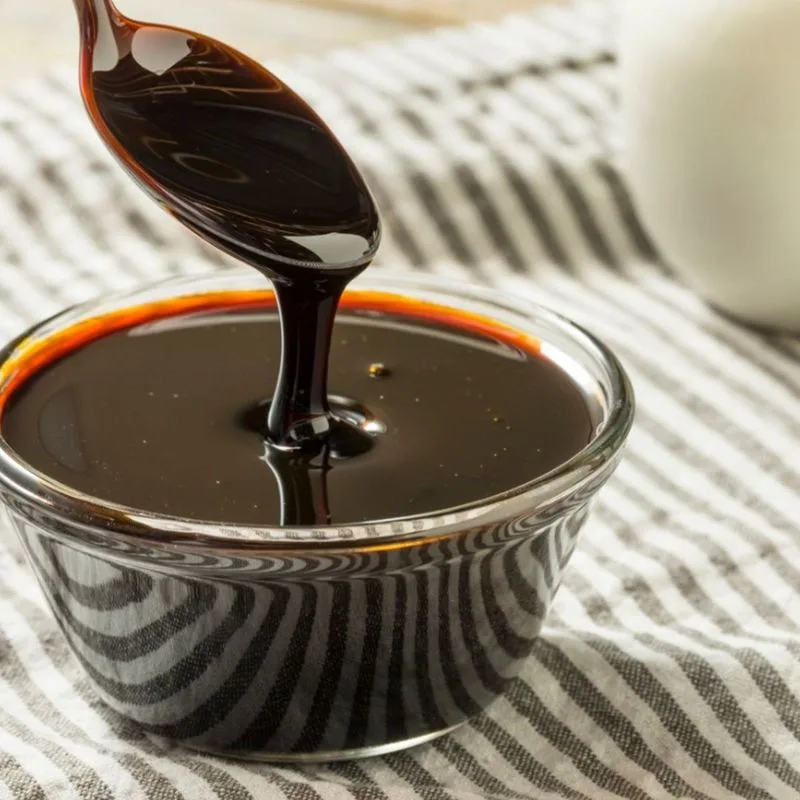
Sweeten your garden with molasses, a sugary treat for plants. This dark syrup, mixed with water, enhances microbial activity in the soil.
The sugars provide energy, fostering a thriving environment for beneficial bacteria. It’s a catalyst for robust plant growth and improved soil health.
A unique approach that marries sweet indulgence with botanical care, molasses mix is cherished by organic gardeners. Its effectiveness is matched by its simplicity, offering a natural way to nurture gardens and enrich the earth.
Manure Tea
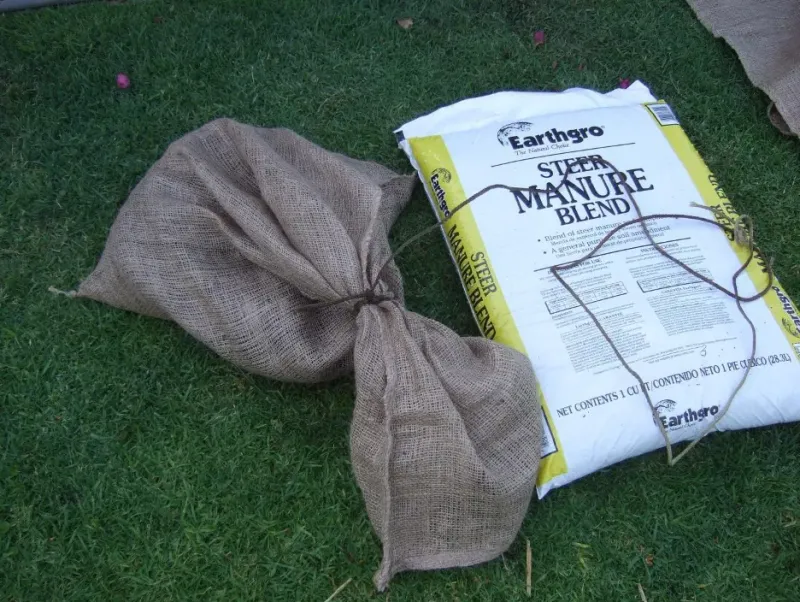
Manure tea, a rich blend of aged manure and water, infuses soil with organic nutrients. It’s a traditional method with a modern twist: creating liquid gold for gardens.
Steep manure in water, stirring occasionally. The resulting tea is strained and applied to plants, promoting vigorous growth and resilience.
This age-old practice transforms waste into a valuable resource, supporting sustainable gardening. It’s a practical solution that celebrates nature’s cycle, providing plants with the nourishment they need to bloom and flourish.
Aloe Vera Juice
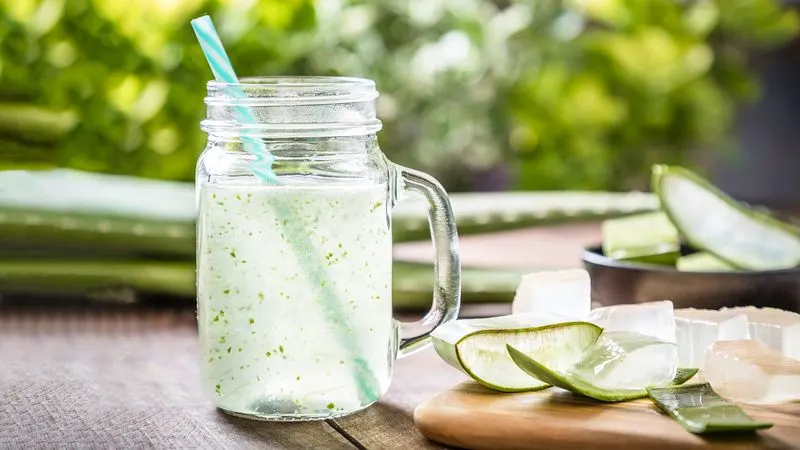
Aloe vera, known for its healing properties, also nurtures plants. Extract juice from aloe leaves and dilute with water.
This soothing liquid fortifies plant roots and boosts immunity, helping them thrive under stress. It’s a natural tonic that promotes resilience and growth.
Gardeners value its gentle nature and versatility, making it a staple in home plant care. Aloe vera juice offers a refreshing approach to gardening, blending wellness with horticulture for flourishing results.
Onion Skin Soak
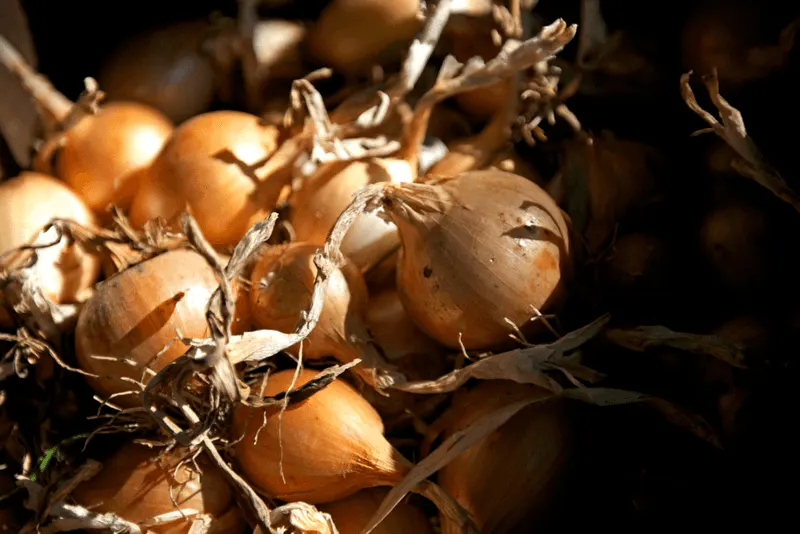
The humble onion hides a secret: nutrient-rich skins. An onion skin soak transforms these peels into plant nourishment.
Steep skins in water to create a liquid fertilizer filled with potassium and calcium. This solution strengthens plants and enhances flowering.
A kitchen staple turned garden ally, onion skin soak exemplifies sustainable gardening. It’s an inventive way to utilize food scraps, enriching soil and supporting plant health.
Willow Water
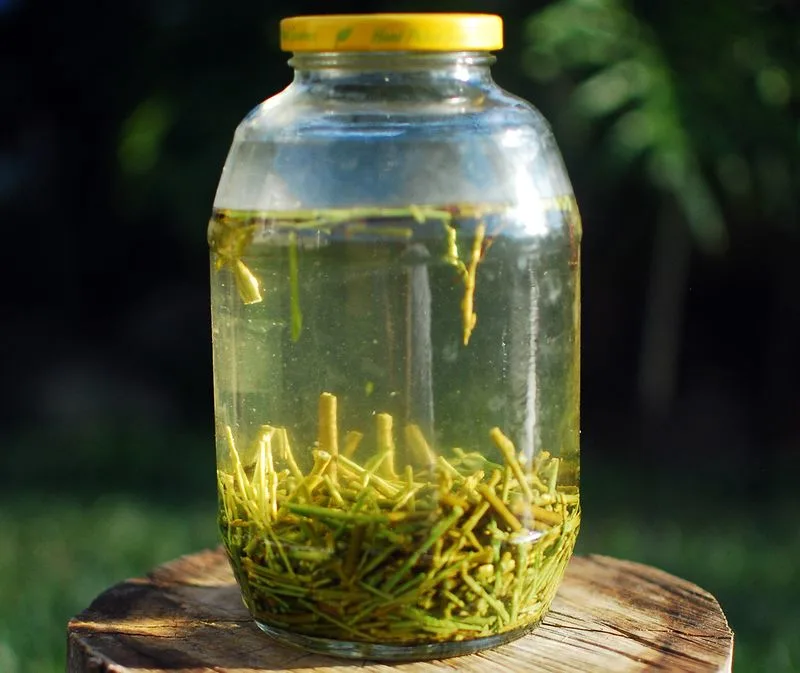
Willow water, derived from willow branches, is known for its rooting hormone content. Cut branches, soak them in water, and watch the magic unfold.
This natural solution promotes root development, ideal for propagating cuttings. Its gentle nature aids plant recovery and growth.
A favorite among plant enthusiasts, willow water is a testament to nature’s ingenuity. It offers an organic alternative to synthetic rooting hormones, embracing the wisdom of the natural world.
Eggshell Tea
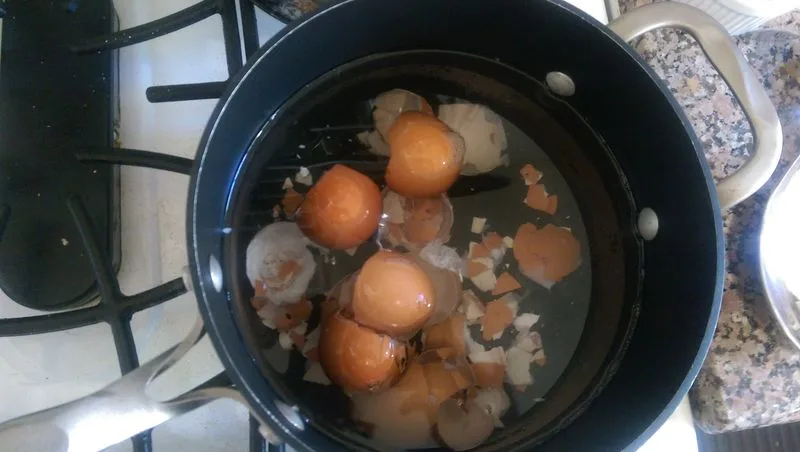
Eggshells, a kitchen byproduct, transform into a calcium-rich tea. Boil shells in water, then use the liquid to nourish plants.
This homemade fertilizer strengthens cell walls and supports plant growth, making it a valuable addition to any garden.
Eggshell tea is a simple yet effective way to recycle waste and enhance soil health. It’s favored by gardeners who appreciate sustainable practices and the nourishing power of nature.
Chamomile Tea
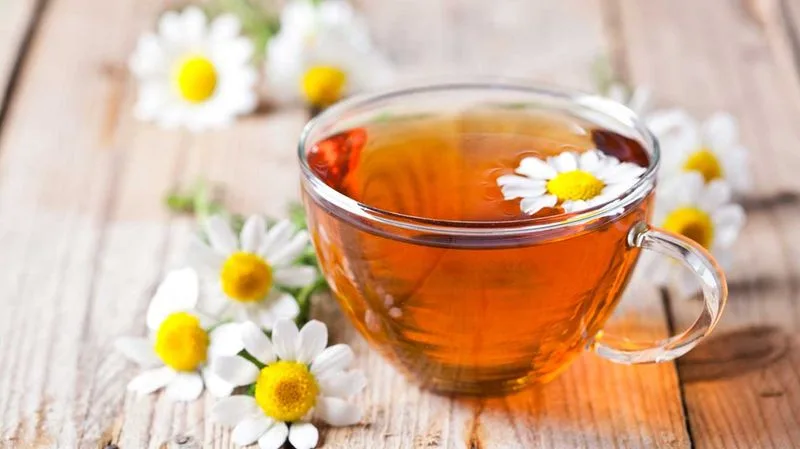
Chamomile tea, not just for relaxation, benefits plants too. Brewed from dried flowers, this gentle solution soothes stressed plants.
Its antifungal properties protect against disease, making it a cherished remedy for gardeners. The tea nurtures while preventing problems.
Chamomile tea exemplifies the harmony between herbal remedies and plant care. It’s a natural ally in the gardener’s toolkit, promoting health and vitality in a soothing, aromatic package.
Coconut Water Elixir
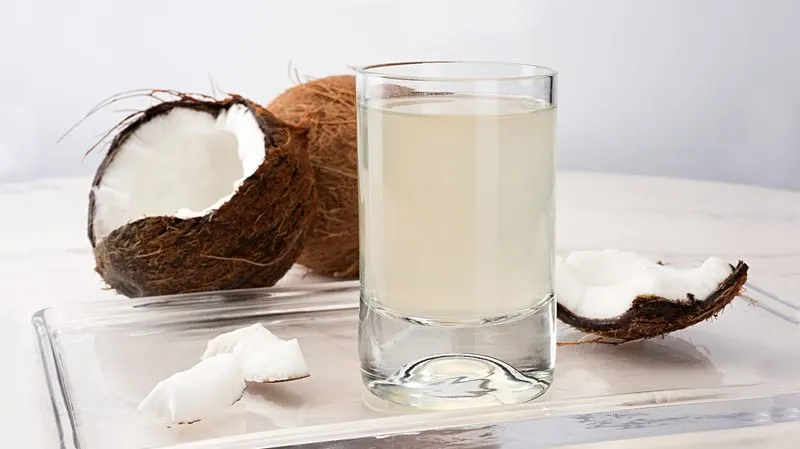
Coconut water, a tropical treasure, offers plants a hydrating boost. Filled with nutrients and growth hormones, it’s a natural tonic for stressed plants.
Apply directly to the soil or foliage, and watch as plants respond with vigor. The elixir supports overall health and vitality, encouraging lush growth.
Gardeners appreciate its exotic appeal and effectiveness, making coconut water a popular choice for innovative plant care. It’s a refreshing way to nurture greenery, bringing a taste of the tropics to your garden.
Nettle Tea
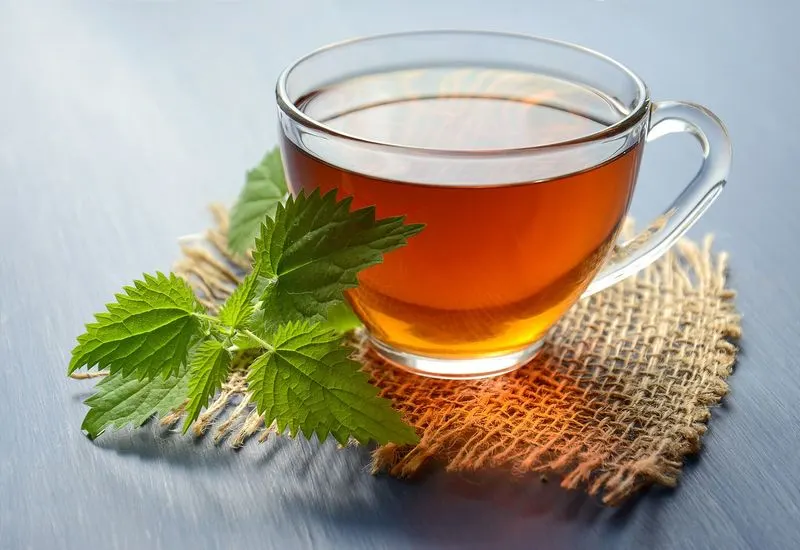
Nettle tea, a potent fertilizer, harnesses the power of wild plants. Gather nettles with care, steep them in water, and create a nutrient-rich infusion.
The tea enriches the soil with essential minerals, promoting robust plant growth. It’s a sustainable choice that turns weeds into allies.
Gardeners value its strength and simplicity, using nettle tea to support healthy, thriving gardens. It’s a testament to nature’s ability to provide, transforming a common weed into a powerful growth stimulant.

